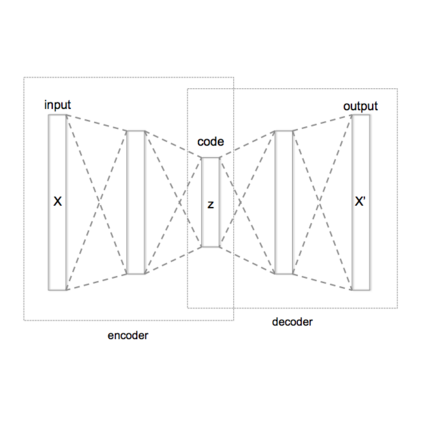Arbitrary conditioning is an important problem in unsupervised learning, where we seek to model the conditional densities $p(\mathbf{x}_u \mid \mathbf{x}_o)$ that underly some data, for all possible non-intersecting subsets $o, u \subset \{1, \dots , d\}$. However, the vast majority of density estimation only focuses on modeling the joint distribution $p(\mathbf{x})$, in which important conditional dependencies between features are opaque. We propose a simple and general framework, coined Posterior Matching, that enables Variational Autoencoders (VAEs) to perform arbitrary conditioning, without modification to the VAE itself. Posterior Matching applies to the numerous existing VAE-based approaches to joint density estimation, thereby circumventing the specialized models required by previous approaches to arbitrary conditioning. We find that Posterior Matching is comparable or superior to current state-of-the-art methods for a variety of tasks with an assortment of VAEs (e.g.~discrete, hierarchical, VaDE).
翻译:在不受监督的学习中,任意调节是一个重要问题。 我们试图模拟条件密度$p(\ mathbf{x ⁇ u\ mid\ mathbf{x ⁇ o) 美元(根据某些数据,对于所有可能的非交叉子子集,对于所有可能的非交叉子集, $o, u\subset =%1,\dots =%1,\dots, d ⁇ $。然而,绝大多数密度估计仅侧重于模拟联合分布 $p(\ mathbf{x}) 美元(其中各特征之间重要的有条件依赖性是不透明的)。 我们提议了一个简单和一般的框架, 硬质匹配( VAEs), 使动态自动调节器( VAEs) 能够进行任意调节, 而不对 VAE 本身进行修改。 边际匹配适用于基于 VAE 的众多现有联合密度估计方法, 从而绕过先前任意调节方法所要求的专门模型。 我们发现, PosideeDE 匹配与当前具有等级的状态方法相似或优越性。




